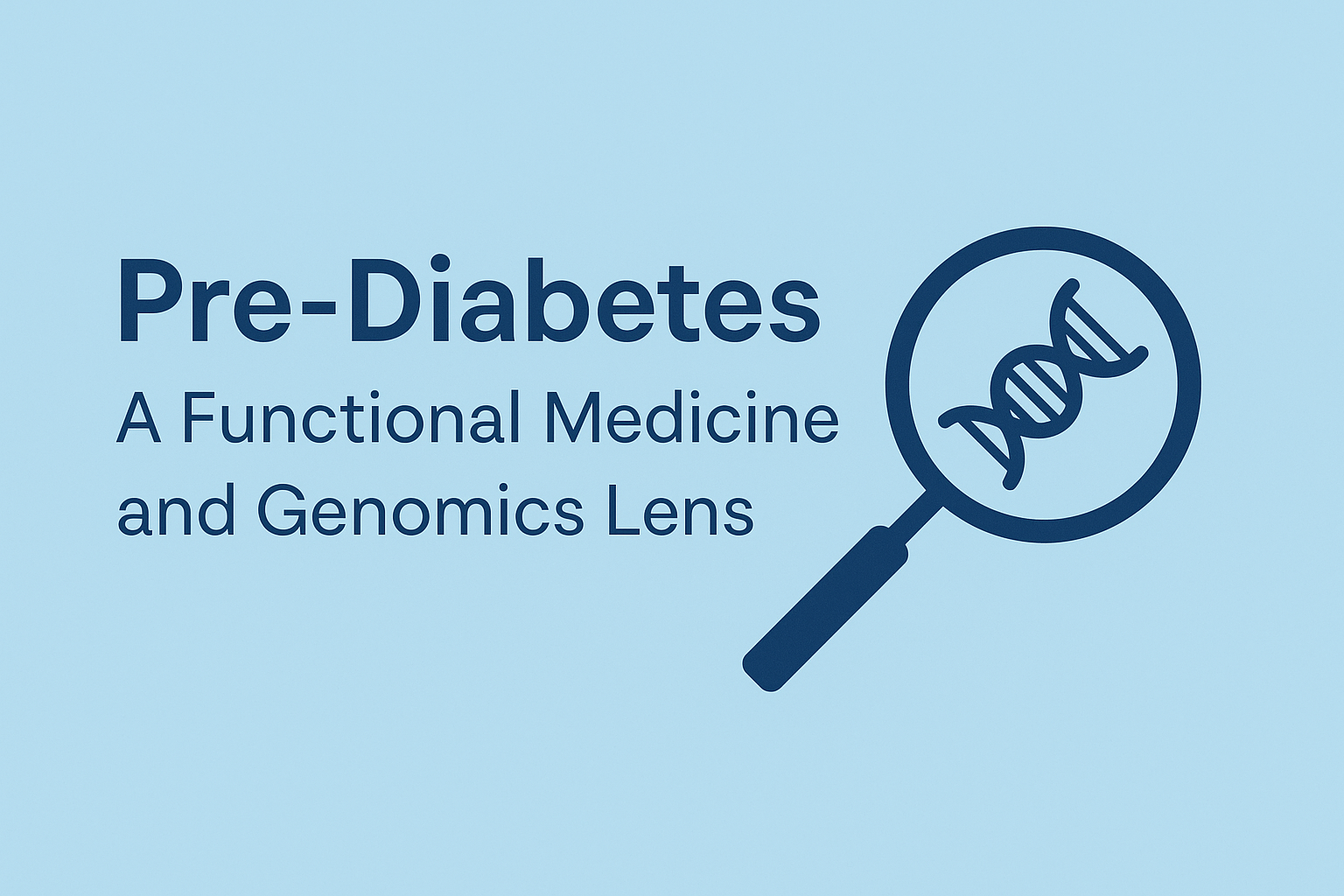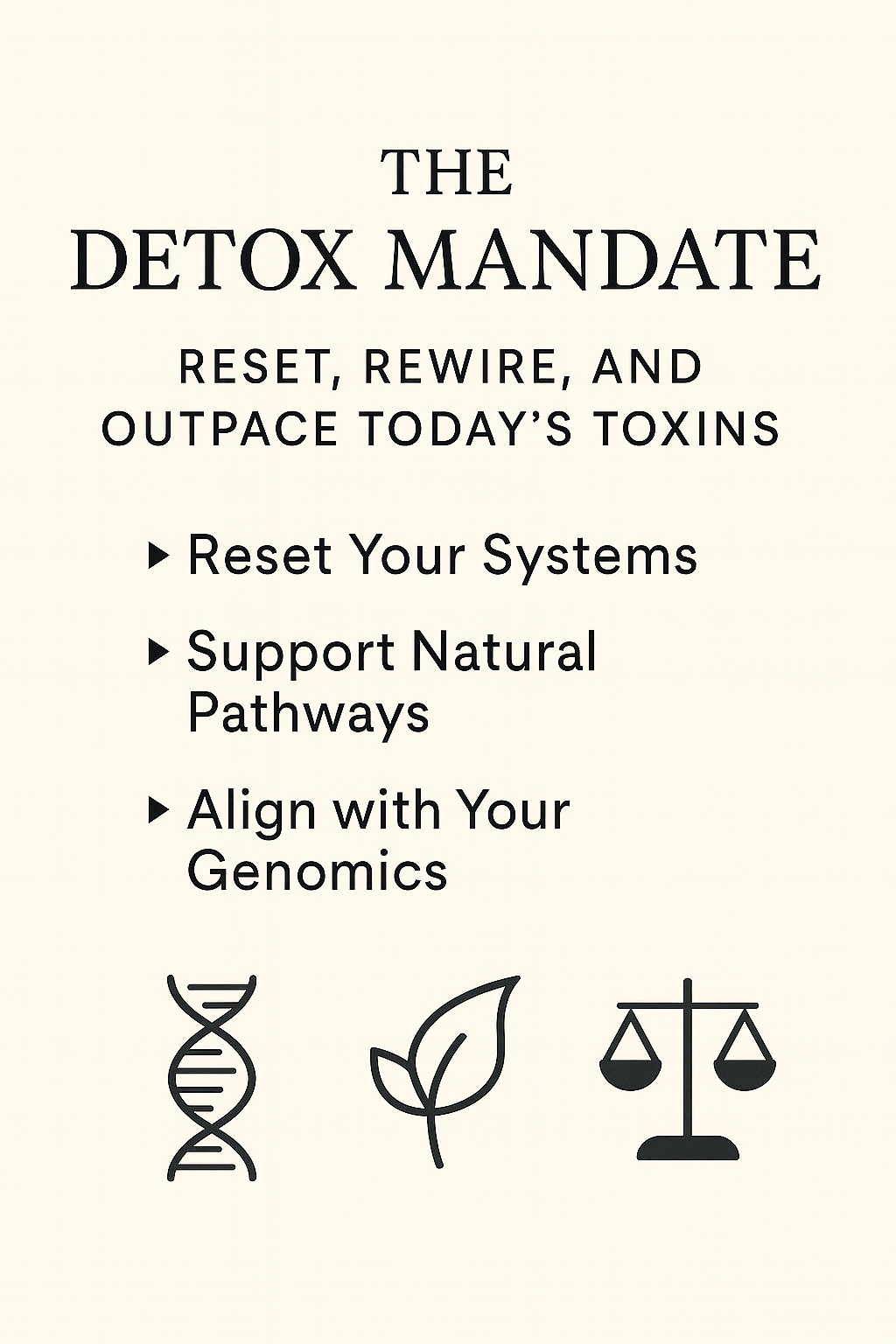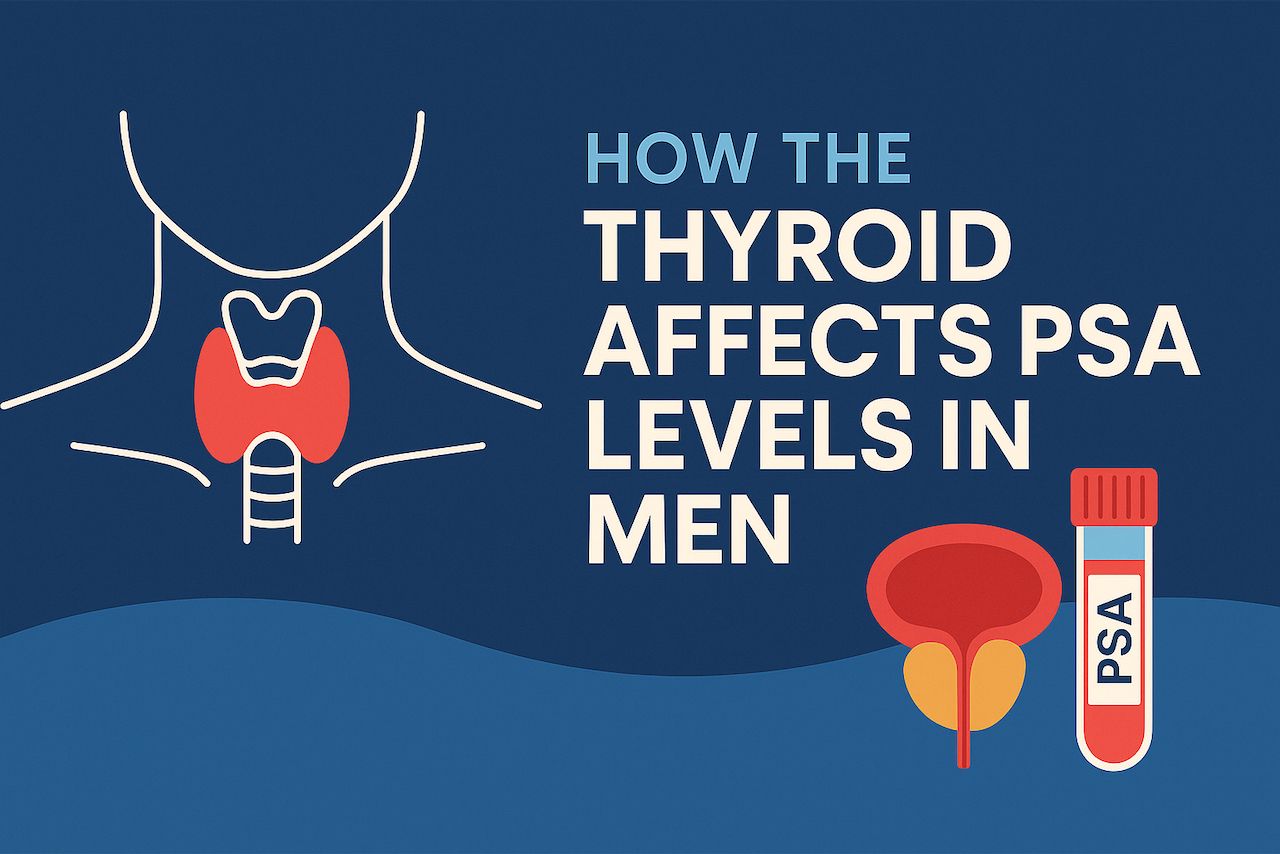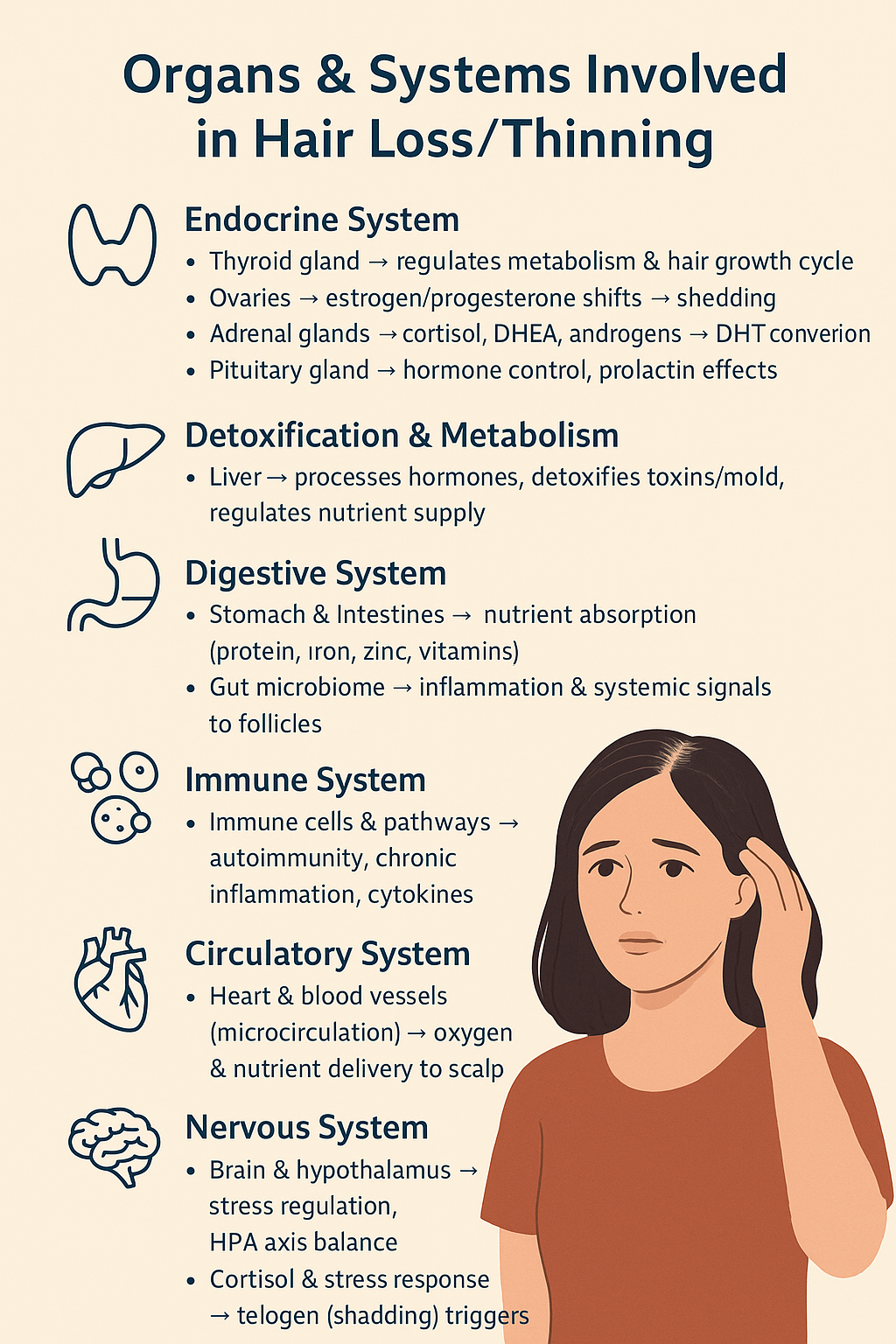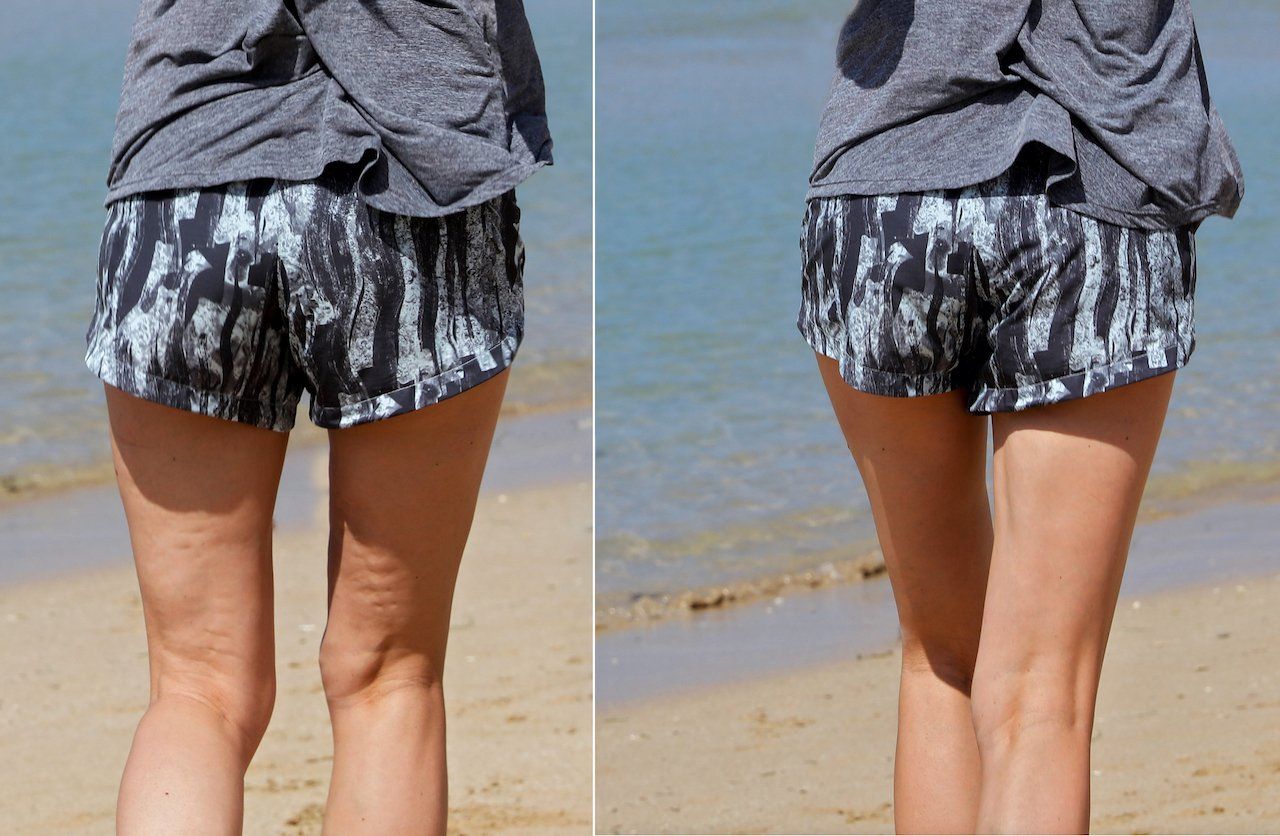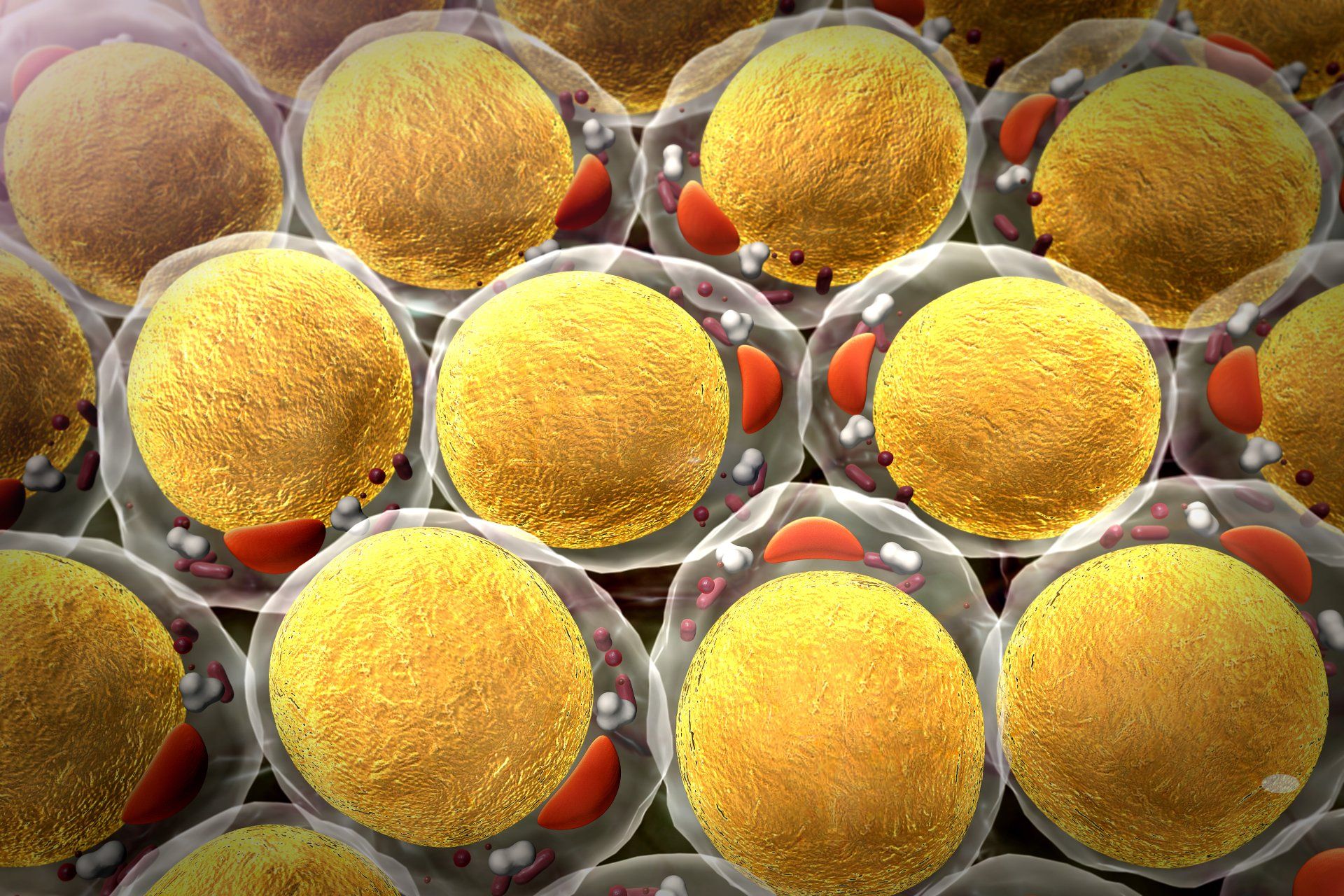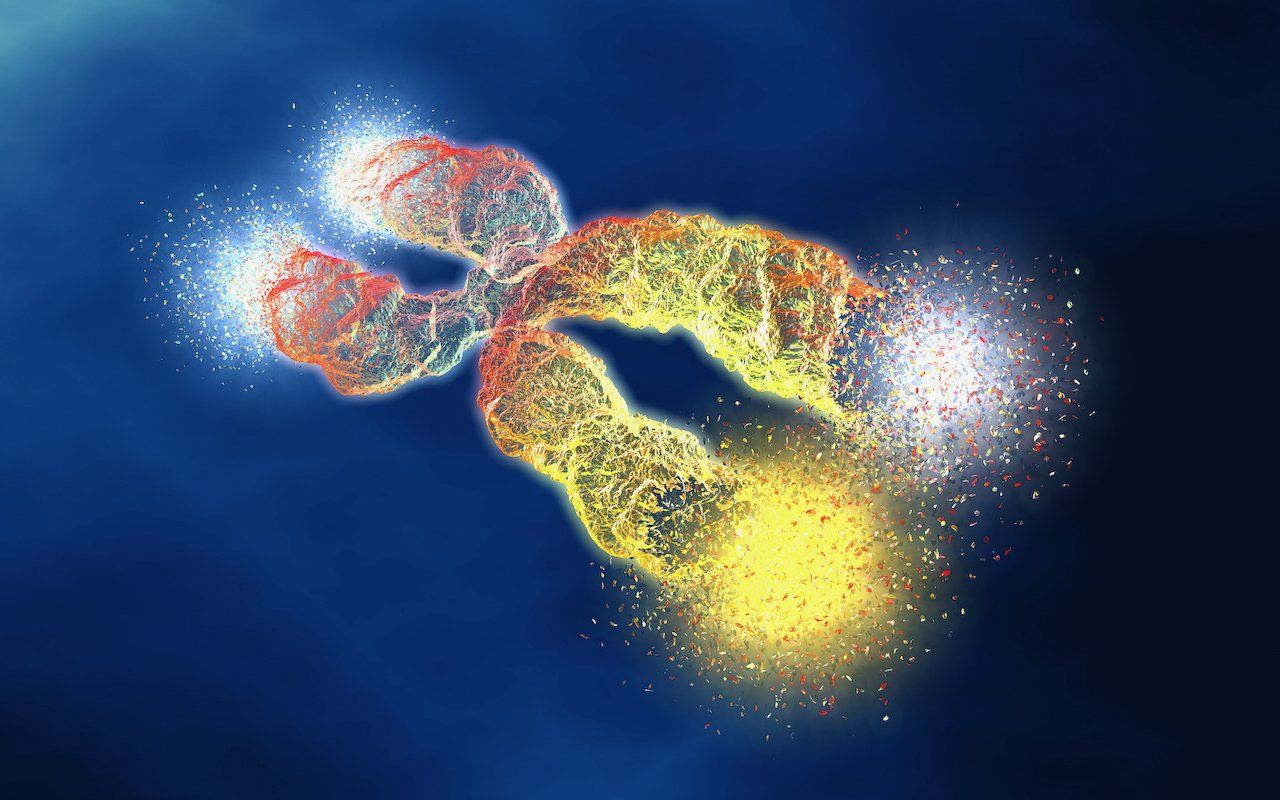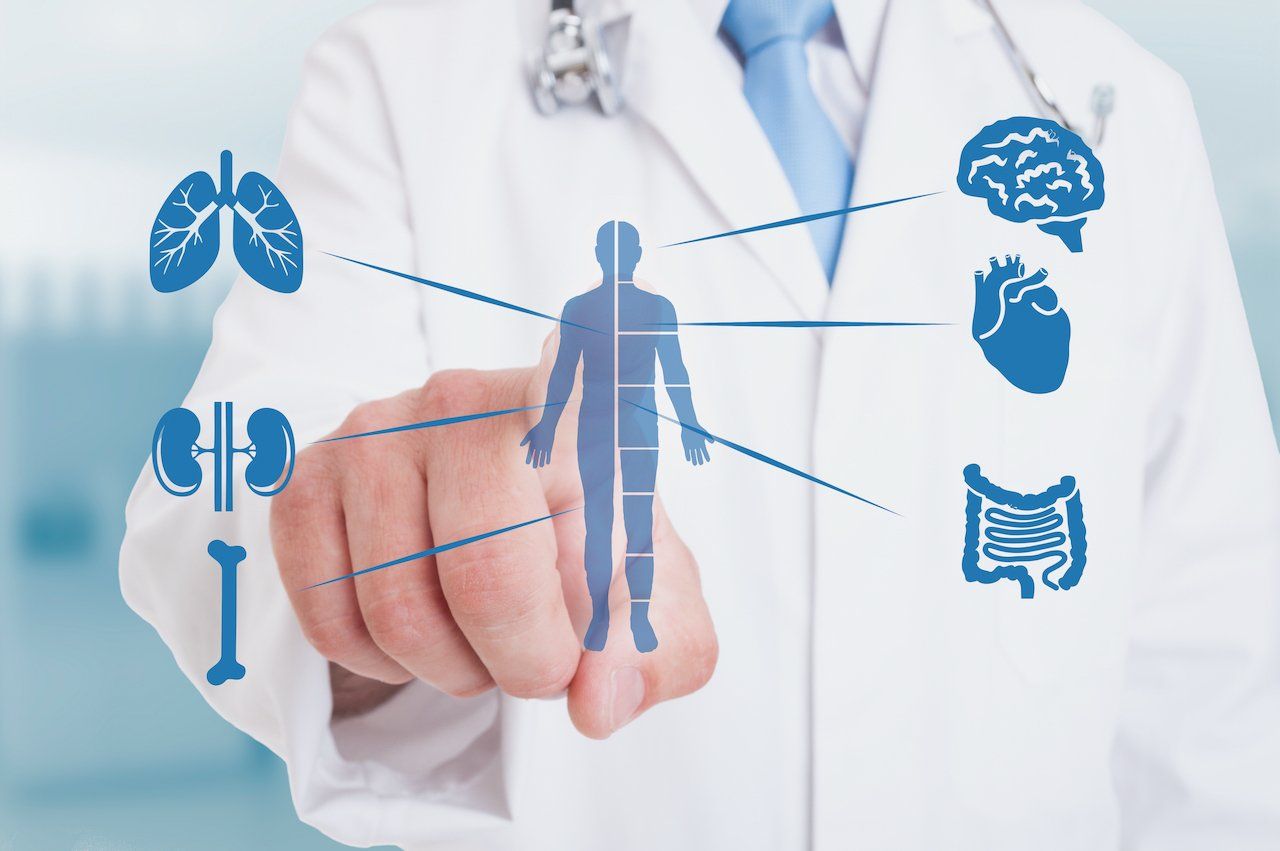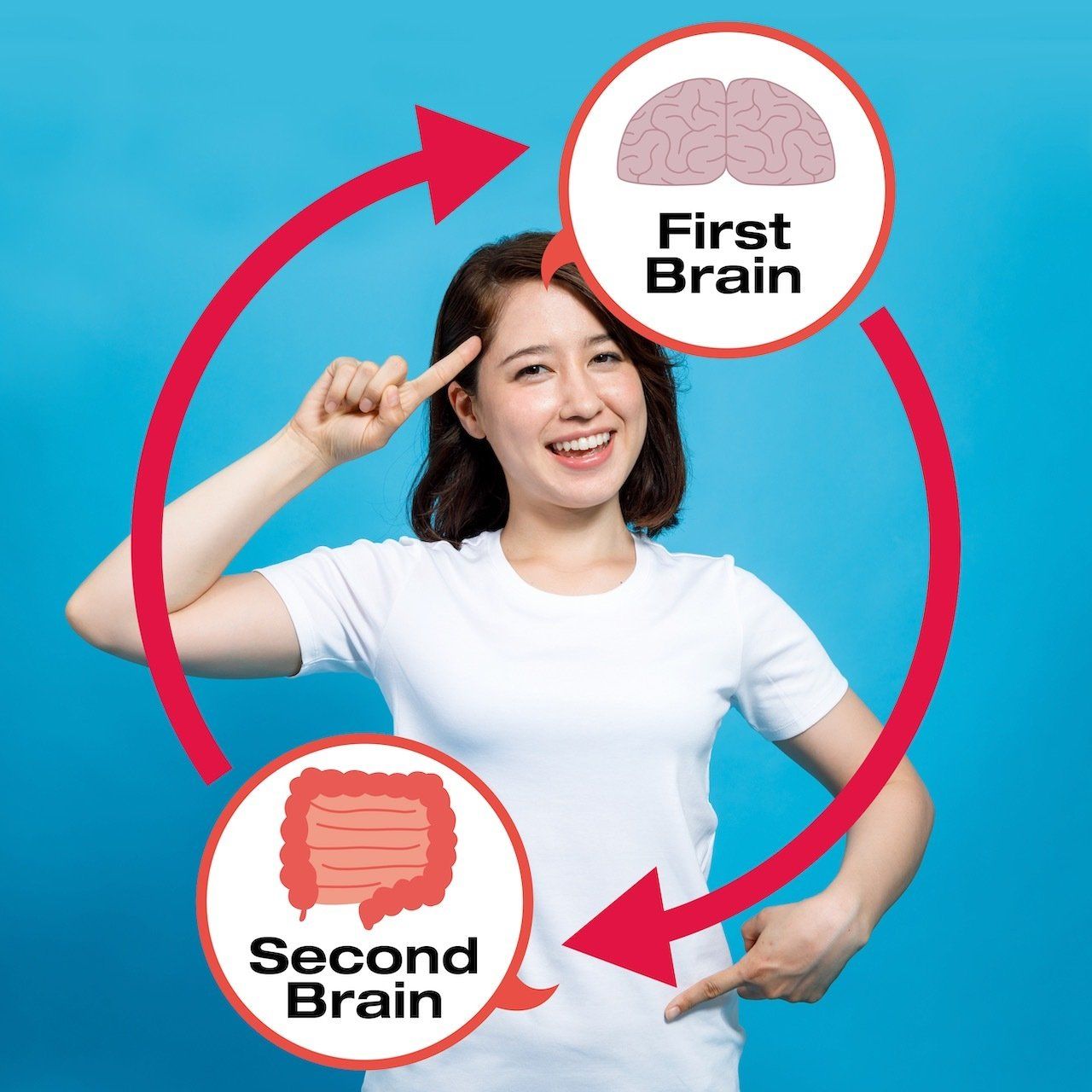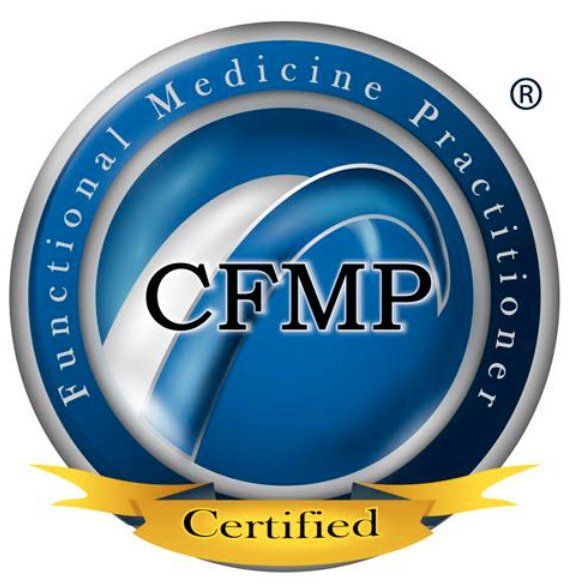Your DNA is nature, your Epigenetics is nurture
You've likely been told that your genes determine your overall health, how long you will live, or if you will develop a chronic illness. But what if I told you that your genes are NOT your destiny?
Thanks to Epigenetics, we have the power to turn specific genes on and off - keep reading to discover how!
What is Epigenetics?
Epigenetics is the study of how your environment and habits influence how your genes behave. While genes play an essential role in your health and wellness, so do your behaviors and lifestyle, like your diet and how often you exercise.
Genetic changes are irreversible, but epigenetic changes are reversible and do not change your DNA sequence. However, they can change how your body reads a DNA sequence.
One way to think of Epigenetics is in terms of nature versus nurture. Your DNA sequence represents nature, while your Epigenetics represents nurture. While DNA is important, how your DNA responds to the environment is just as critical.
Environmental factors affecting our genome
Epigenetic changes can impact gene expression, turning genes 'on' or 'off.' Unlike a mutation, which is a permanent DNA change, genes can encounter reversible changes, also known as epigenetic changes. These reversible changes are caused by lifestyle factors and habits, including:
- Stress
- Age
- Lifestyle
- Supplements
- Food
- Bacteria
- Gut health
- Lack of sleep
- Lack of touch
- Lack of exercise
- Anxiety
- Alcohol
- High-fat diet
- Sugar
DNA damage caused by the outside environment or exposure to certain chemicals can induce epigenetic changes. These are also referred to as exposomes. Exposomes are significant since they show how your genes react with the environment. Some examples of exposomes include:
- Free radicals
- Toxins
- Ultraviolet radiation
- Viruses
- Chemicals
- Infections
When your DNA is damaged, it can lead to changes in gene expression. These changes can be heritable, meaning they can be passed down from one generation to the next. This is one way that the environment can influence the genes of future generations.
How to turn your genes on or off
In one notable study, pregnant mice were exposed to bisphenol A, a chemical found in many plastic drink bottles, including baby bottles. The mice exposed to this chemical had an increased risk of obesity, showing that certain environmental factors, which in this case was exposure to a specific chemical, impacted their gene expression.
This scenario is just one example of an environmental factor that turned specific genes 'on.' Our genes take direction from our behaviors, environment, and habits. This is fantastic news because it shows us that we are in control of our genetic destiny!
In humans, many factors and habits can turn genes on and off. Here are a few ways to turn bad genes 'off,' and good genes 'on.'
- Get more physical activity. Research has shown that physical activity can counteract the effects of a gene linked to obesity and diabetes.
- Limit alcohol consumption. Alcohol consumption has been correlated with a higher risk of cancer.
- Quit smoking. Like alcohol, tobacco has also been linked to higher cancer risk.
- Avoid fried foods. One study found that high consumption of fried foods could interact with obesity-related genes, increasing your risk of obesity.
Your genes are NOT your destiny!
If you’re interested in learning more about epigenetics and how to turn your genes on and off, check out my new book, Understanding Genomics; How Nutrition, Supplements, and Lifestyle Can Help You Unlock Your Genetic Superpowers.
This book is a must-read if you want to learn how to control your genetic destiny!
Order a copy
today!
Until then, stay healthy and happy!
Dr. Marios Michael
Resources:
- https://www.cdc.gov/genomics/disease/epigenetics.htm
- https://www.nature.com/scitable/topicpage/obesity-epigenetics-and-gene-regulation-927/
- https://connect.uclahealth.org/2016/08/08/overcoming-bad-genes/
- https://www.drmichaelswellness.com
Please Note: This blog post is for informational purposes only and does not constitute medical advice nor does it establish a practitioner-patient relationship. If you have any concerns about your health, please consult with a qualified healthcare professional.
These statements have not been evaluated by the Food and Drug Administration. This product is not intended to diagnose, treat, cure, or prevent any disease.

